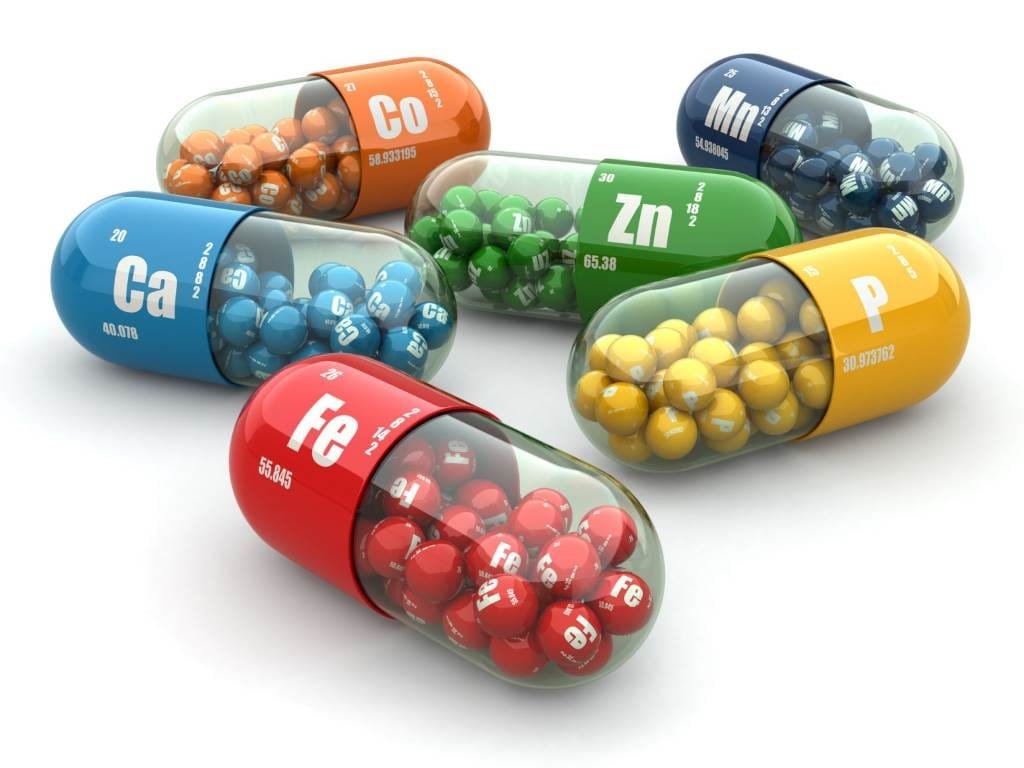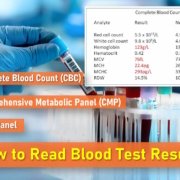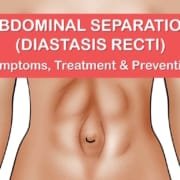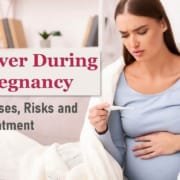Vitamin Supplements in Pregnancy
Do I need vitamin supplements when I am pregnant?
Vitamins play a crucial role in our overall health, and are essential for growth and development. There are 13 key vitamins, namely A, C, D, E, and K, along with the vitamin B series. With the exception of vitamin D, which is synthesized through sunlight exposure, the majority of vitamins are obtained from our dietary intake. Deficiencies in vitamin D and folic acid (vitamin B9) are common, especially in pregnancy. To address these deficiencies, vitamin supplements can be taken to elevate levels. However, caution is advised, as supplements of certain vitamins may pose risks during pregnancy. The specific details regarding various vitamins and their recommendations during pregnancy are outlined below.
Recommended Prenatal Vitamins
Folic acid
Folic acid is one of the B vitamins and helps to reduce the risk of your baby having spina bifida. Taking extra folic acid may also reduce the risk of heart or limb defects and some childhood brain tumors. The recommended daily dose is 400 micro grams (μg). Ideally, it is recommended to start taking extra folic acid before you conceive and continue to take it until you reach your 13th week of pregnancy. If you did not take folic acid before you became pregnant, start taking it as soon as you realize you are expecting a baby.
Why some women need a higher dose of folic acid?
Certain women may be prescribed a higher dosage of folic acid due to an increased risk of having a baby with spina bifida. If your risk level is higher than average, you may be recommended to take a daily dose of 5 milligrams (mg) of folic acid, which exceeds the typical dosage. This higher dose requires a prescription from a doctor. Additionally, an elevated dose might be advised if:
- you have a history of a previous pregnancy affected by spina bifida
- you or your partner have spina bifida
- you are taking certain medications for epilepsy
- you have coeliac disease or diabetes
- your BMI is 30 or more
- you have sickle-cell anemia or thalassemia; the higher dose of folic acid will also help to prevent and treat anemia if you are in this situation.
Vitamin D
All pregnant women are advised to take a daily dose of 10 micro grams (μg) of vitamin D when pregnant and breastfeeding. This is because it is common for people to have low levels of vitamin D. Taking supplements can enhance your baby’s growth in the first year of life and decrease the risk of developing rickets. You are at a particular risk of having insufficient vitamin D levels if:
- Your family origin is South Asian, African, Caribbean, or Middle Eastern.
- Your BMI is 30 or higher.
- You spend a significant amount of time indoors.
- You typically cover your skin when outdoors or regularly use sun-protection cream.
- Your diet lacks vitamin D-rich foods, such as eggs, meat, vitamin D-fortified margarine, or breakfast cereal.
If you find yourself in any of these situations, you may be advised to take a higher daily dose of vitamin D.
When may I need extra vitamin K ?
Vitamin K is needed for our blood to clot properly. Newborn babies have low levels of vitamin K, which puts them at risk of bleeding . To prevent this, you will be offered vitamin K for your baby after birth.
You do not need to take vitamin K supplements yourself during pregnancy unless it is thought that your baby is at particular risk of bleeding. This could be because you are taking certain medicines for epilepsy or if you have liver disease.
When may I need extra vitamin C ?
Although routine supplements of vitamin C are not specifically recommended when you are pregnant, this vitamin helps iron to be absorbed. This may be of benefit during pregnancy, at a time when women are at risk of becoming anemic.
Vitamins that are not recommended
There are many multivitamin tablets for use in pregnancy that contain a small amount of lots of vitamins. These are safe to take, but avoid taking large doses of the following vitamins unless a doctor prescribes them for a particular reason.
Vitamin A
Too much vitamin A can harm the development of your unborn baby’s nervous system. During pregnancy, avoid any supplements that contain more than 700 micro grams (μg) of vitamin A and don’t eat foods such as liver, liver products (pâté) or fish liver oils that may contain this vitamin in high levels.
Vitamin E
There is currently no evidence to recommend additional vitamin E during pregnancy.
Vitamin B supplements (other than folic acid)
You do not need any other vitamin B supplements in pregnancy. Sometimes, pyridoxine (vitamin B6) is prescribed to help you feel less sick early in your pregnancy although it will not stop you from being sick.
What about extra iron ?
Most women do not need to take extra iron during pregnancy. Taking routine iron supplements will not necessarily benefit your health and may cause you unpleasant side effects such as heartburn, constipation or diarrhea. Your midwife will check your blood at your booking appointment and at 28 weeks of pregnancy. You will only be advised to take iron if you are found to be anemic or are at increased risk of becoming anemic in pregnancy, for example if you are carrying twins.
When should I begin taking a prenatal vitamin ?
Start three months before you begin trying to get pregnant, if possible. “The egg starts maturing about three months before it’s released, and it’s critical that the proper nutrients are present during the earliest stages, “Neural-tube defects such as spina bifida happen in the first four to six weeks of pregnancy. If you think you’re pregnant and are not taking a supplement, don’t wait until your first appointment for a prescription because you will have missed this crucial developmental period. Start taking an over-the-counter folic acid supplement with 600 micro grams right away.
What should I do if I have morning sickness and am throwing up ?
Try to take the vitamin before you go to bed at night, so you can sleep through the nausea.
Vegetarian, vegan and special diets in pregnancy
A varied and balanced vegetarian diet should give enough nutrients for you and your baby during pregnancy. However, you might find it more difficult to get enough iron and vitamin B12. Talk to your doctor about how to make sure you are getting enough of these important nutrients. If you are vegan, or you follow a restricted diet because of food intolerance (for example, a gluten-free diet for coeliac disease) or for religious reasons, talk to your doctor. Ask to be referred to a dietitian for advice on how to make sure you are getting all the nutrients you need for you and your baby.










